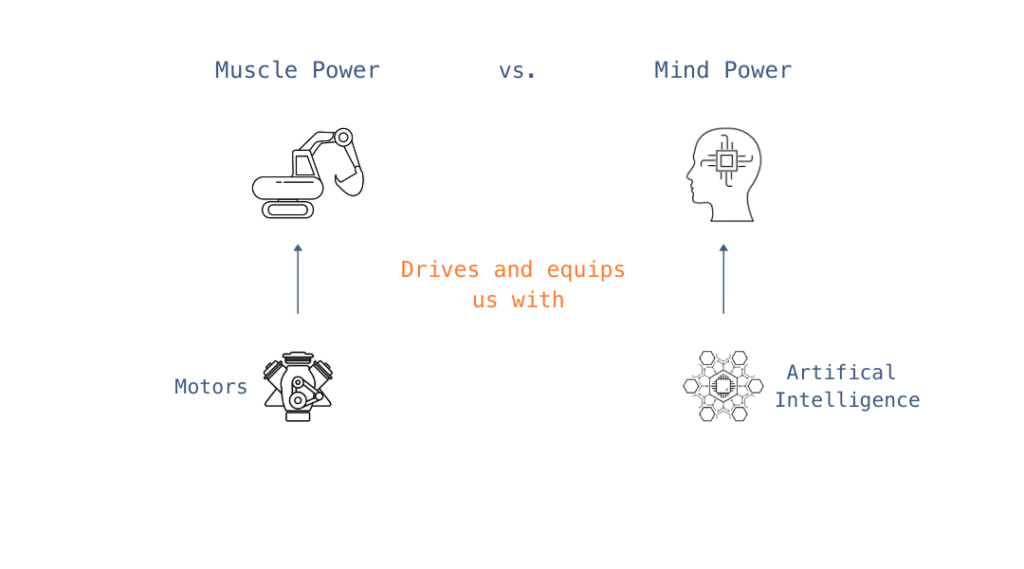Artificial intelligence is computer systems or machines that have intelligent, human-like behaviour and abilities and are therefore able to perform tasks that normally require human intelligence. Since the concept of intelligence is complex, it helps to distinguish between weak and strong AI on a gradeless scale. Weak AI refers to systems that are able to perform a limited and specific task, such as classifying an email as spam.
Strong AI refers to systems that are capable of performing a full range of tasks that require human intelligence, including visual perception, verbal communication, emotional interpretation and empathy. However, we are still a long way from creating strong AI. The academic discipline of AI has been trying to create intelligent agents and machines for decades, and there are various approaches to achieving this goal. Today, the vast majority of attempts to create AI are based on machine learning methods; these represent the most successful attempts.
The term AI is used in such an inflationary way that it is difficult to see what people actually mean by it. This has added to the already existing confusion around AI for two reasons:
- Artificial intelligence means different things to different people. On the one hand, it is an academic discipline, on the other hand, it is a goal to strive for, which refers to software or technologies that have a certain characteristic, but much more. As an extremely broad field of research, it is quite scattered and the people working on different sub-aspects and trying to explore the topic do not work together.
- Artificial intelligence has a lot of points of contact with other fields and topics as well. It is related to data, Robotics, philosophy, ethics, neuroscience, knowledge processing, Deep Learning, natural language processing, machine learning (ML), etc. With the enormous progress being made in AI, it is also increasingly having an impact at the political and societal level. At this point, we will not go further into the discussion of what AI is.
As AI systems become more complex, they will be able to take over and automate more and more human tasks. This has profound consequences at the economic, political and societal levels. It is often said that the earlier industrial revolutions, driven by the development of the steam engine and followed by the invention of electricity, equipped us with muscle power. Artificial intelligence, on the other hand, equips us with mind power, i.e. systems capable of performing tasks that require deeply human qualities such as creativity and perception.



